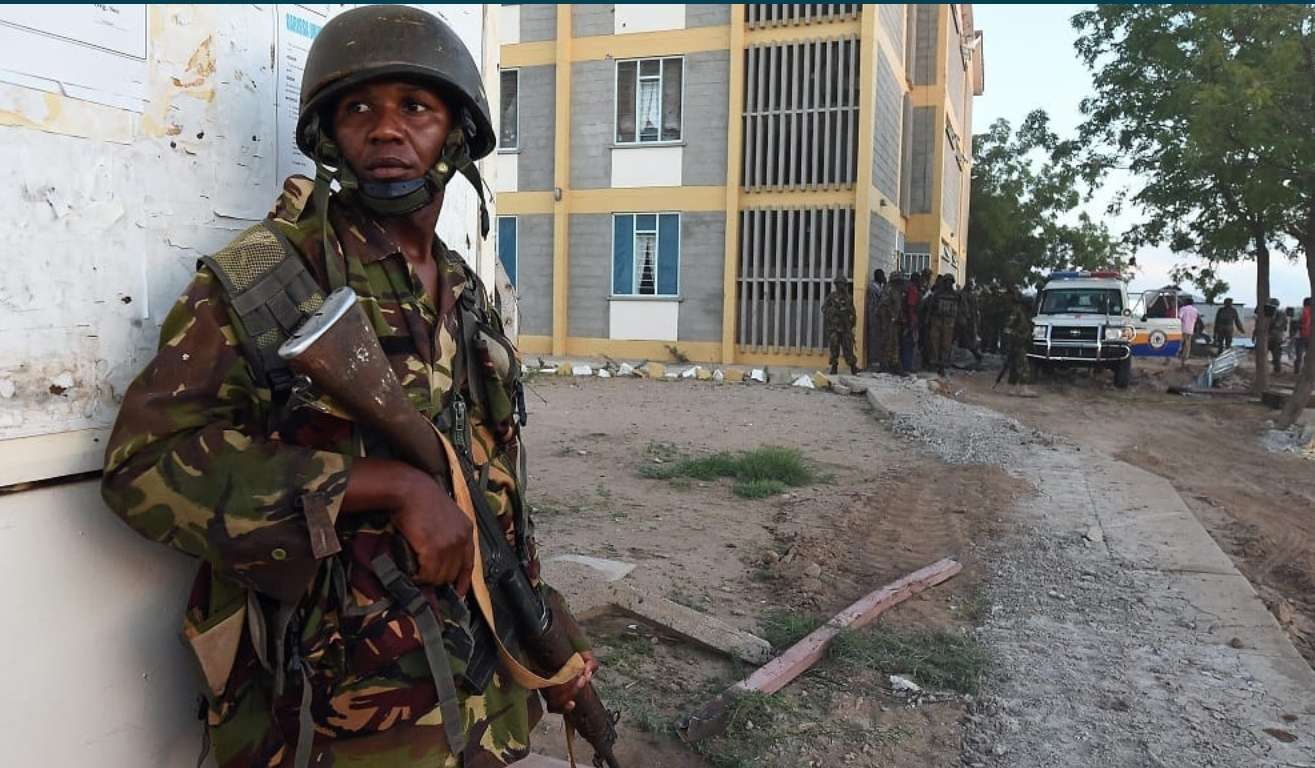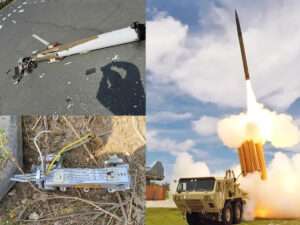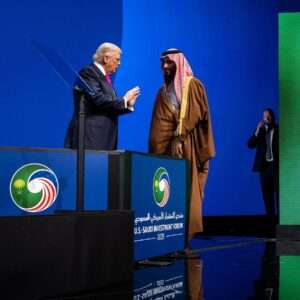By Tumwesigye Anslem
Kenya’s bold decision to classify Al Shabaab as a terrorist organization marks a critical moment that calls for worldwide recognition and action. This step not only targets a group that has long plagued East Africa but also exposes its dangerous ideological connection to the Muslim Brotherhood. The global community must rally behind Kenya’s leadership to confront this shared threat.
The Ideological Roots.
The Muslim Brotherhood is far more than a political entity; it is a source of extremist ideologies. Research from the Brookings Institution highlights the Brotherhood’s role as an ideological incubator, shaping narratives that blend religion with militancy. Al Shabaab draws heavily from this framework, as seen during the 2013 Westgate Mall attack, when it used platforms like Twitter to spread propaganda in real time. This fusion of violence and ideology makes the group a formidable global threat.
A Global Menace.
Al Shabaab’s influence stretches far beyond East Africa. The United States Treasury has traced its funding to international networks, including global donors and illicit trade, which parallel the Muslim Brotherhood’s own financial web. This transnational reach enhances the group’s capacity to destabilize regions.
The toll on communities, especially women and children, is profound. According to the Armed Conflict Location and Event Data Project, Al Shabaab’s violence fuels communal conflicts, causing displacement and suffering across Kenya. These disruptions stall progress and exploit vulnerable populations. Additionally, the group’s attacks on maritime trade routes endanger global commerce, impacting vital shipping lanes in the Red Sea and Indian Ocean.
Why Kenya’s Action Matters.
By designating Al Shabaab a terrorist organization, Kenya has addressed not only the group’s violence but also its ideological and financial foundations. A Reuters report on a Kenyan court ruling against terror financiers emphasized that this step is crucial for shielding society from extremist infiltration. Kenya’s comprehensive approach highlights the need to confront both the fighters and the systems that sustain them.
An Urgent Global Response.
Kenya’s leadership should inspire robust international cooperation. The United States and its partners must bolster this effort with intelligence sharing, sanctions on financial networks tied to the Muslim Brotherhood, and enhanced campaigns to counter extremist narratives.
A November 2024 report from the Armed Conflict Location and Event Data Project warned that Kenya is grappling with both Al Shabaab’s violence and the broader ideological forces that sustain it. This underscores the need for global unity. Kenya has demonstrated resolve and foresight; the world must match this commitment. Al Shabaab and its ideological allies threaten everyone, and the time to act is now.















